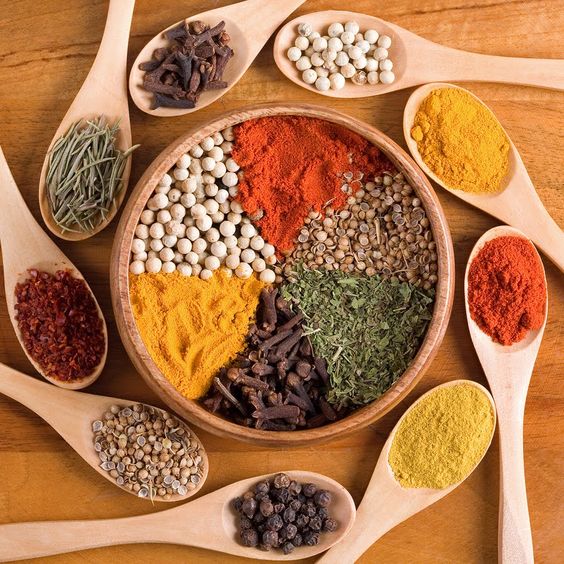Introduction
Herbs are the cornerstone of flavorful cooking, adding depth, aroma, and complexity to dishes that go beyond simple salt and pepper. But their benefits go far beyond just taste. Culinary herbs are packed with vitamins, minerals, and antioxidants, making them a welcome addition to any diet. Whether you're a seasoned chef or just starting your culinary journey, incorporating fresh or dried herbs is a simple way to elevate your meals and boost your health.

This guide will explore the world of cooking with herbs, providing tips for choosing, storing, and using them in your everyday meals. We'll delve into the unique flavor profiles of popular herbs like basil, oregano, thyme, and rosemary, and learn how they can enhance everything from savory sauces and marinades to vibrant salads and soups. Get ready to discover the transformative power of herbs and elevate your cooking from ordinary to extraordinary!
Getting Started with Herbs
Choosing Fresh Herbs
When selecting fresh herbs, look for vibrant color, firm leaves, and a fresh aroma. Avoid bunches with wilted or yellowing leaves. Organic herbs are a great choice to minimize pesticide exposure.
Storing Fresh Herbs
To keep your herbs fresh longer, trim the stems and store them upright in a glass of water, loosely covered with a plastic bag in the refrigerator. Most herbs will last for about a week using this method.
Using Dried Herbs
Dried herbs are a convenient alternative to fresh and offer a more concentrated flavor. When substituting dried herbs for fresh, use about one-third of the amount.

.jpg)